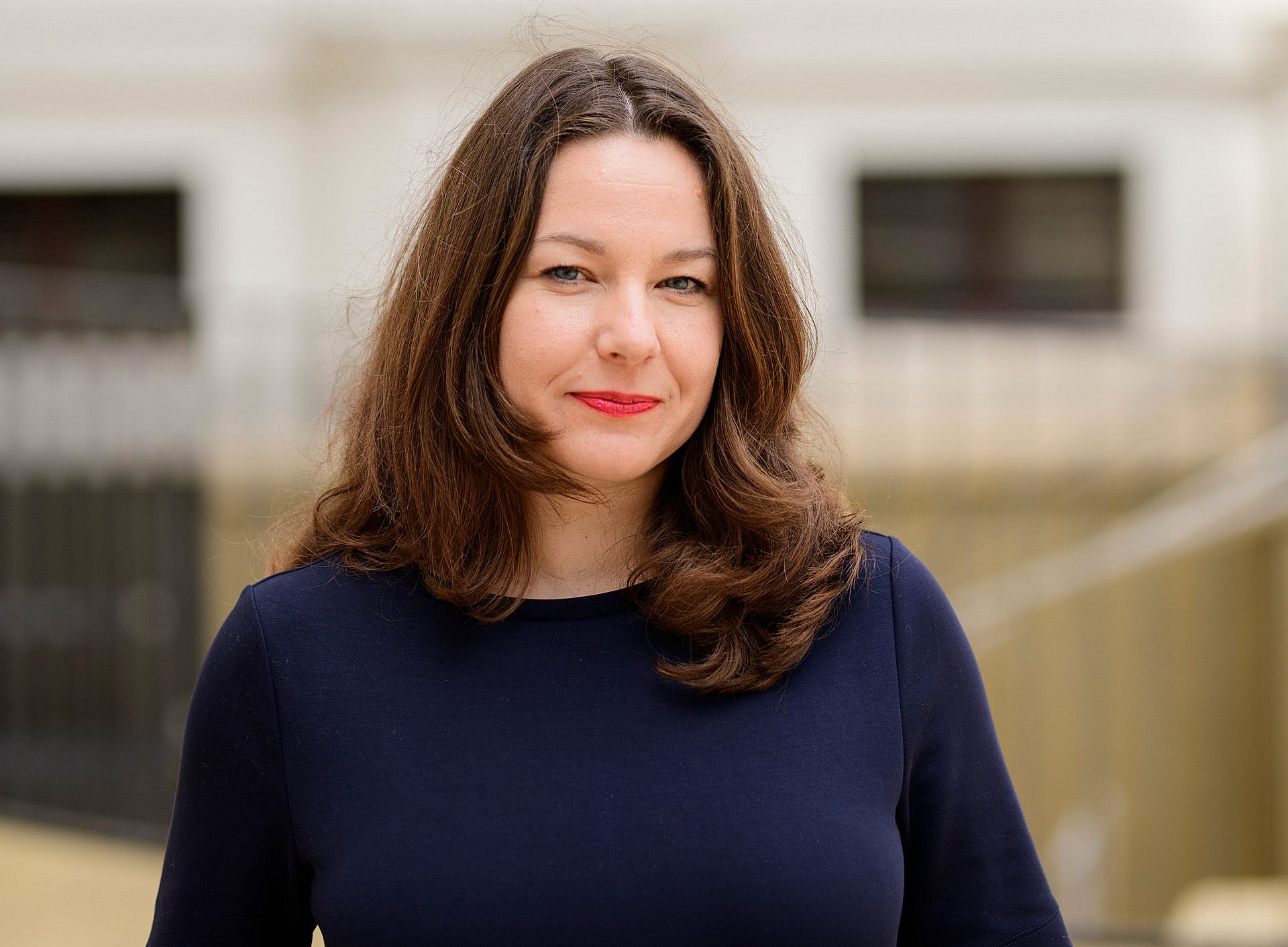Fighting poverty through microcredits - this is the concept for which Muhammad Yunus, an economist from Bangladesh, was awarded the Nobel Peace Prize in 2006. Who would have thought that this idea was already being implemented in the 13th century? "In the late Middle Ages, 50 to 80 percent of people in cities lived in very precarious conditions - at least some of the time," says Tanja Skambraks. "To counteract poverty and keep the economy going at the same time, Italian city governments granted microloans to the working population to bridge financial bottlenecks." With such a credit a shoemaker, for example, could buy the leather he needed to make shoes.
"Monti di Pietà" - mountains of mercy - was the name of these institutions, which granted small loans to the poor in return for a pledge and low interest. "The first pawnshop of this kind was founded in Perugia in 1462. Around 200 more were established over the next hundred years. In contrast to private money lenders, who demanded interest rates of 20 to 30 percent, the Monti di Pietà only charged four to ten percent," reports Skambraks.
Economy with values
The Franciscans played a key role in the founding of these pawnbroking institutions. With their sermons and writings, the mendicant friars contributed significantly to the development of a Christian economic ethic, shaped by the ideas of charity and the common good.
Today, the term "social economy" is used to describe companies and institutions that are oriented towards democratic principles, solidarity and the common good rather than profit maximisation. The Christian-influenced moral economy of the late Middle Ages does not seem so far from this. In addition to piety, a handbook for merchants describes good practices such as being economical with profits, making contact with the natives of foreign countries, learning their language and dressing appropriately according to their customs. "Letters also show that merchants attached great importance to gaining a reputation as good Christians," says Skambraks. With her research, the historian is opening up new, fascinating insights into medieval societies that are often not so alien to our own.
Skambraks studied medieval history, English and communications in Dresden. She then completed her doctorate at the University of Mannheim, where she also habilitated. At the University of Graz, her research on social and economic historical developments in the Mediterranean region is now strengthening a core topic of the Faculty of Humanities.
